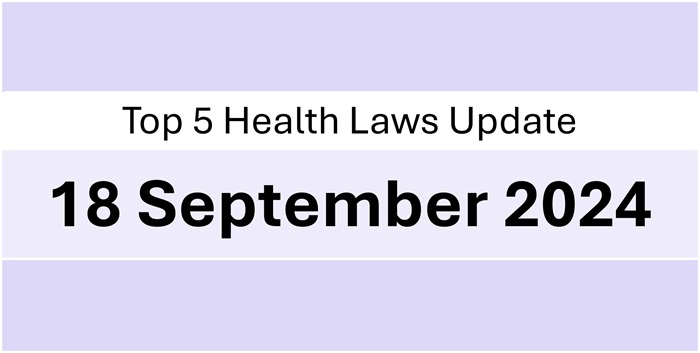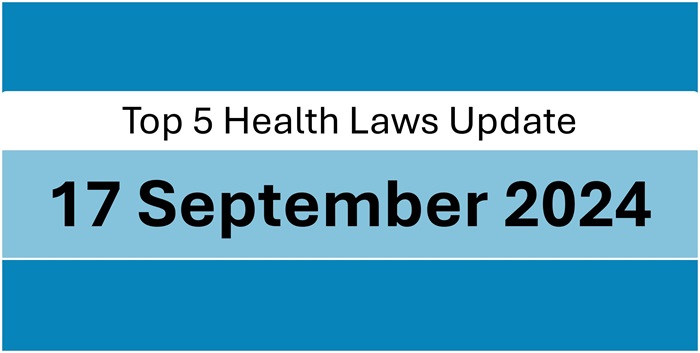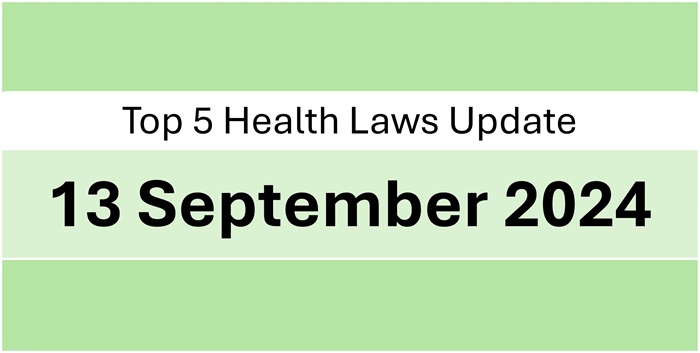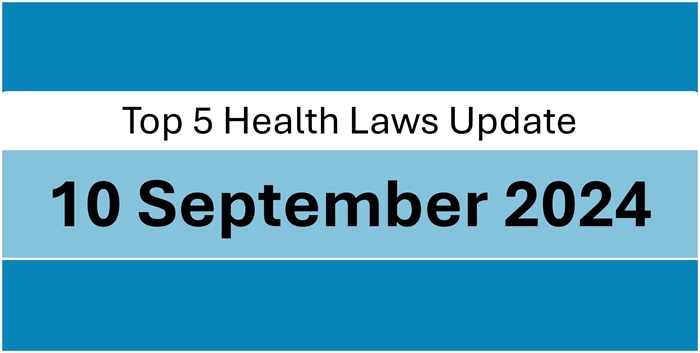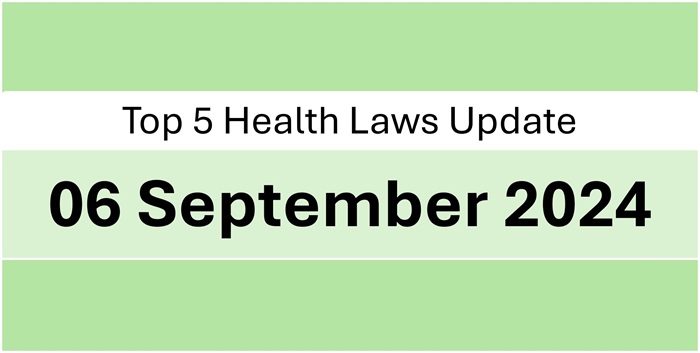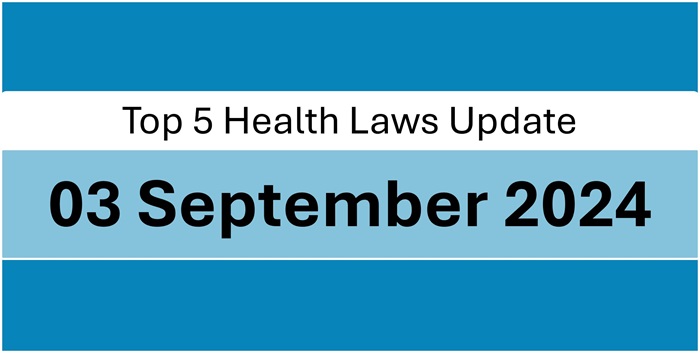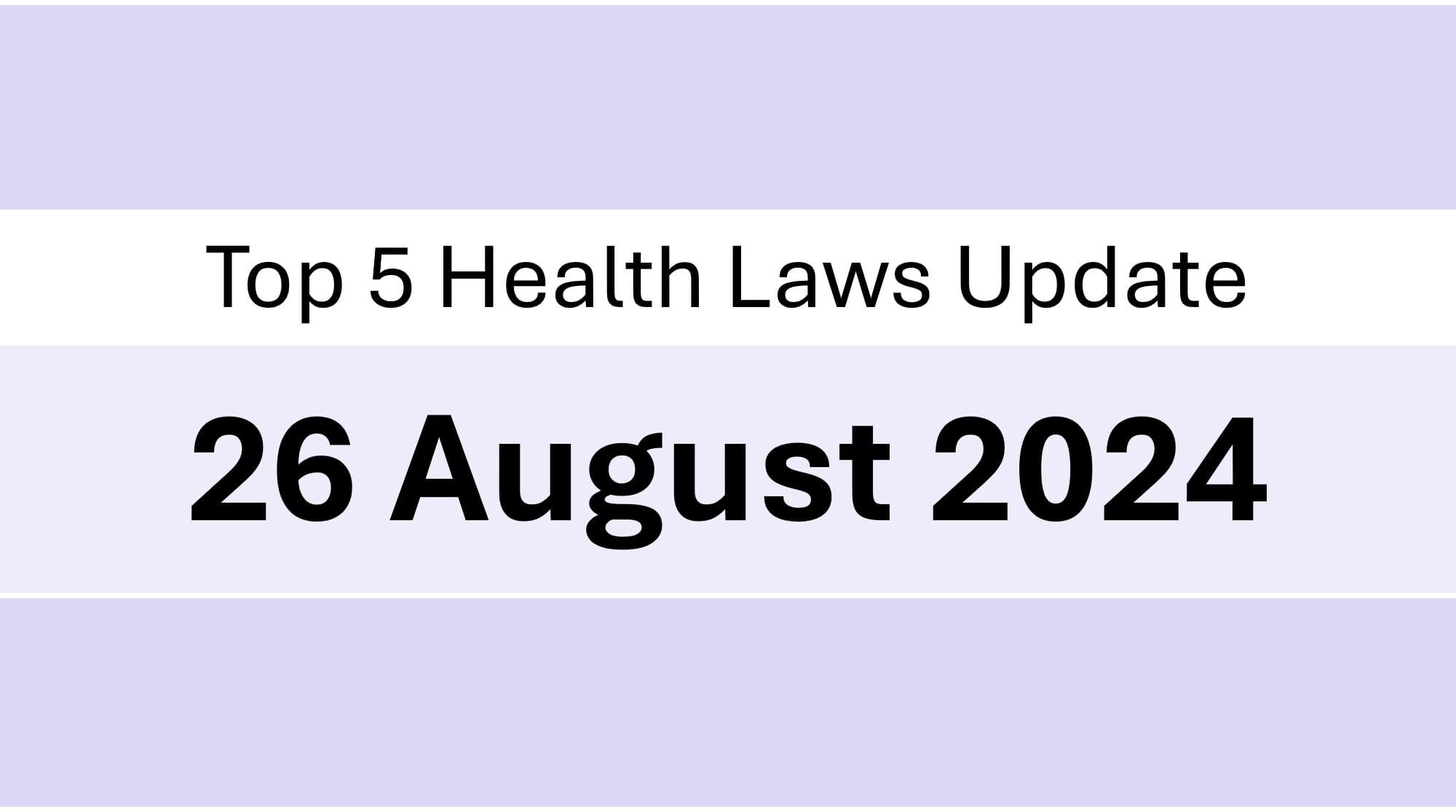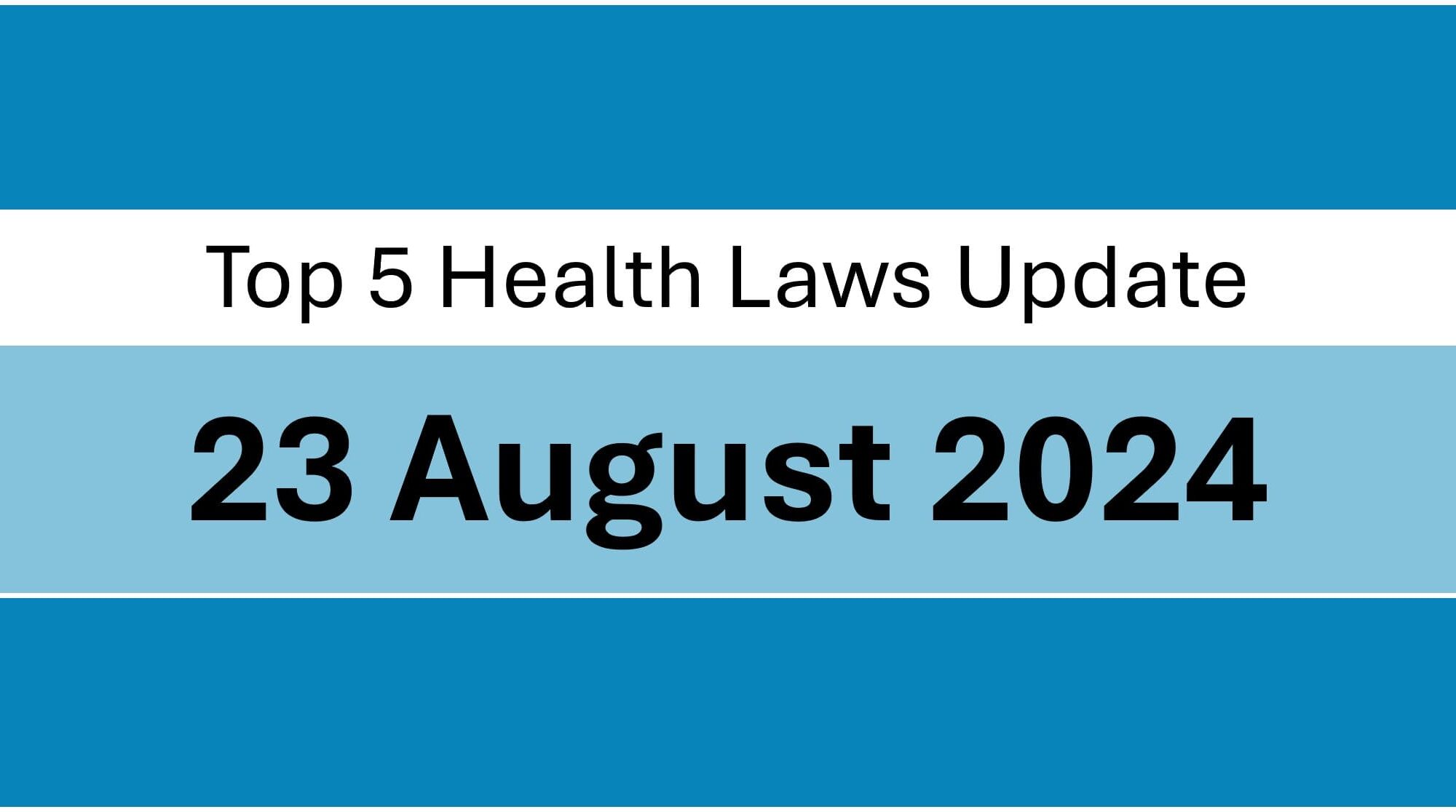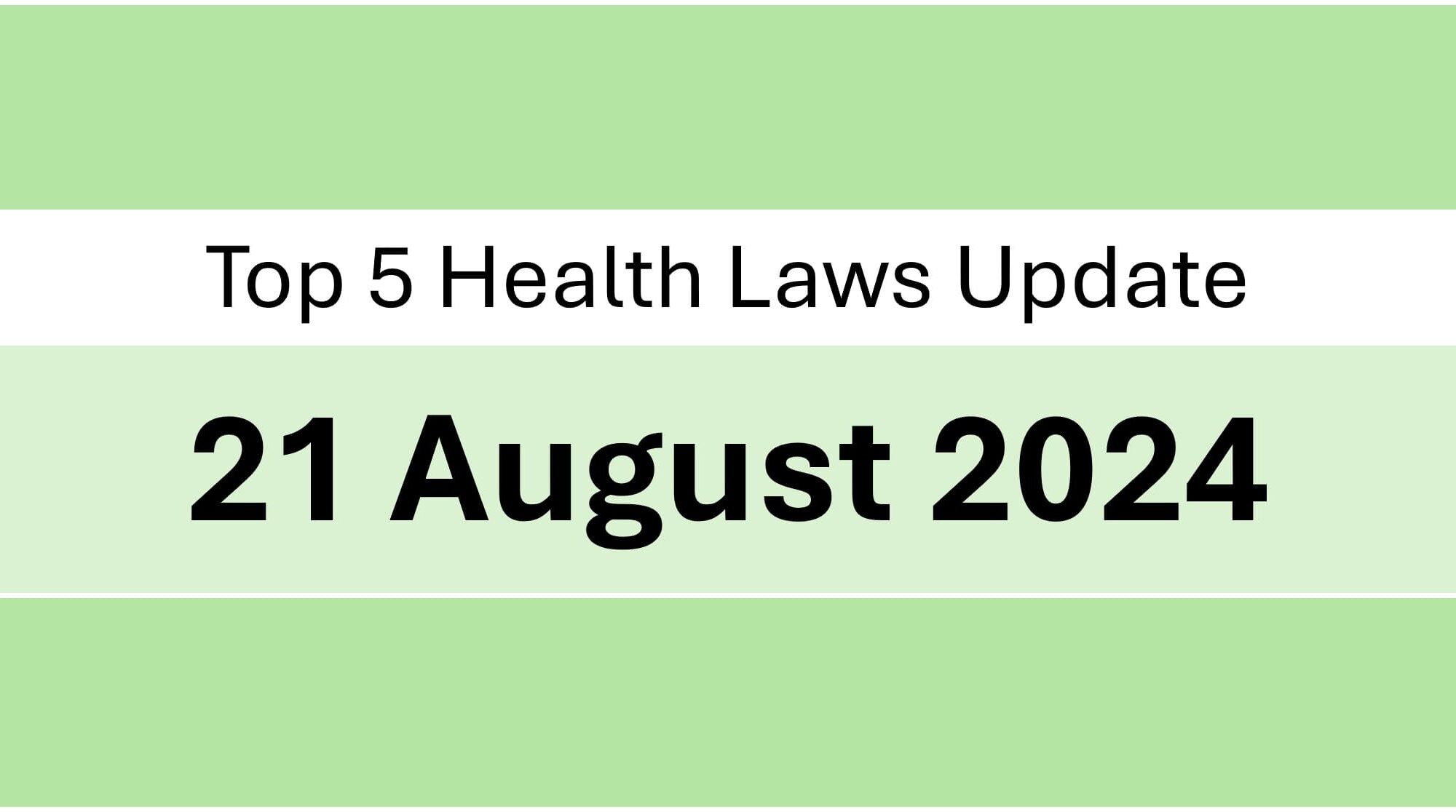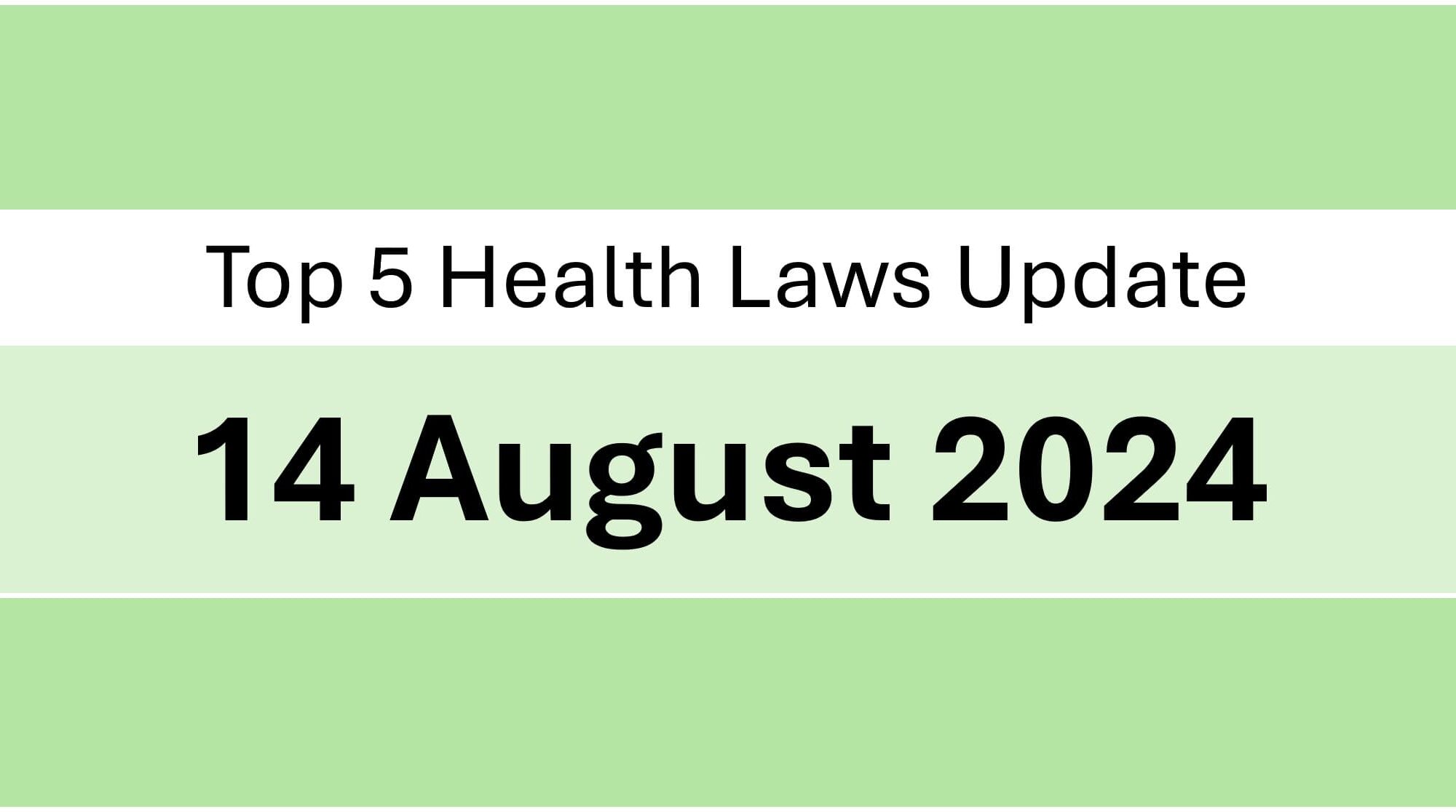Source: bit.ly/3XMWBbV2. The National Accreditation Board for Hospitals & Healthcare Providers (NABH) has revised the accreditation standards for hospitals which will come into effect on January 1, 2025. No surveillance assessment will be conducted as per the old accreditation standard by NABH after 31st March 2025.
Source: bit.ly/47ydjPr
3. India’s Central Food Regulator will approve import of food consignments from Bhutan on the strength of Health Certificate issued by Bhutan Food and Drug Authority provided they are manufactured by the approved list of establishments of Bhutan.
Source: bit.ly/4gmtRxY
4. U.S. Food and Drug Administration has warned a major pharmaceutical company for making false and misleading claims about the benefits of a migraine pill in a television advertisement by a famous sports person. The claims were made against the results that were demonstrated in clinical trials.
Source: bit.ly/4gtau6m
5. A group of experts constituted by NITI Aayog to prepare a framework for action for emergency response and preparedness to address future pandemic, has recommended making the Central Drugs Standard Control Organisation (CDSCO) an independent regulatory authority. They have recommended to provide CDSCO with approved Standard Operating Procedures (SOPs) for Accelerated Emergency Use Authorisation for innovations and provisions for fast-tracking the process during pandemics.
Source: bit.ly/3XNynys

